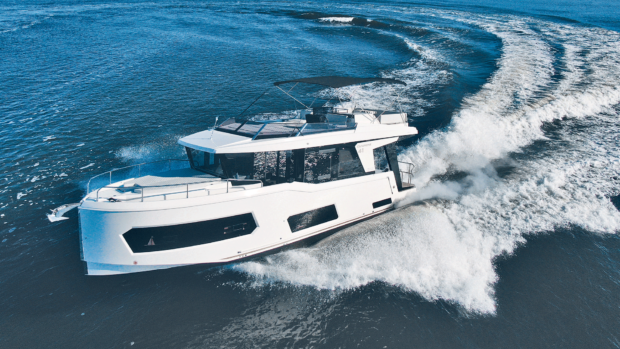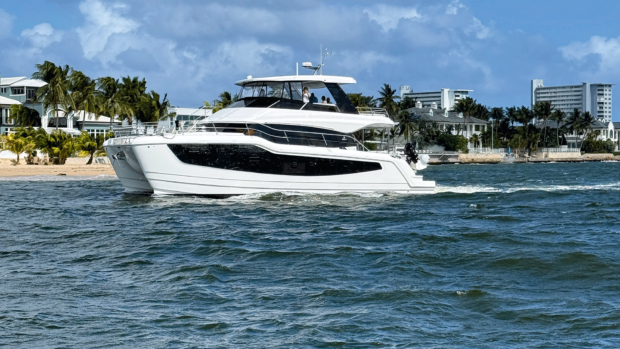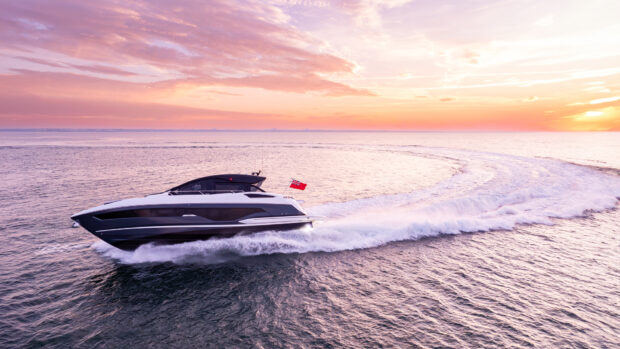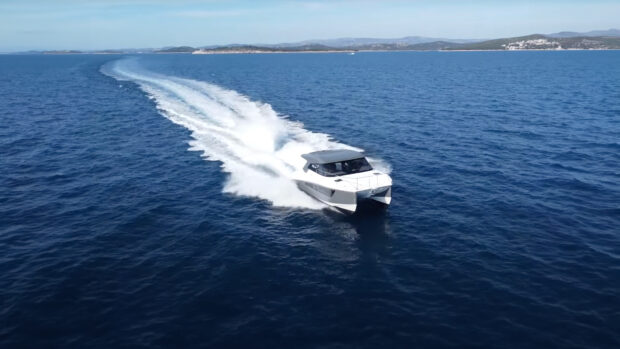With reports of over 100 oil-covered birds being washed ashore along the UK's south coast, are we doing enough to keep our seas clean?
At least 100 birds including guillemots and razorbills have been found washed up on the shores of the south coast after becoming covered in a mystery substance that the RSPCA says was probably flushed out of a ship.
The substance is believed to be some kind of vegatable-based oil and has been causing distress to the local bird population, affecting their feeding and ability to retain body heat.
A spokesperson for the Maritime and Coastguard Agency said it was monitoring the situation and once it knows more about what the substance is it may get a better idea of where it came from and who might be responsible for the spillage. However, the spokesperson said, “There are no guarantees. It could be that the substance was miles out to sea, even outside UK waters.”
At MBM we think it is unacceptable that people should be able to pollute our seas without consequences.
MBM editor Carl Richardson says:
“Anyone who has walked the beaches of Devon and Cornwall after a strong onshore blow will know that rubbish pollution is a real problem. Beaches are regularly left strewn with plastic, netting and other waste. The finger of blame is pointed squarely at large offshore trawlers and commericial shipping and, from my experience, there is plenty of evidence to support this.
“From fishing nets and rubber boots to industrial catering packaging, much of the rubbish that washes up bares all the hallmarks of having come from a large ship. It beggars belief that people would throw rubbish overboard or discharge large quantities of sewage and waste, but it happens, as the seabirds on the south coast can testify.
“I would like to have seen the coastguard dispatched immediately to try and track down the perpetrator. This might seem futile, given the area they would have to cover, but it would send out a strong message to reckless commercial shipping.”
Do you believe authorities are doing enough to protect our seas and keep them clean? Please leave your comments below.










